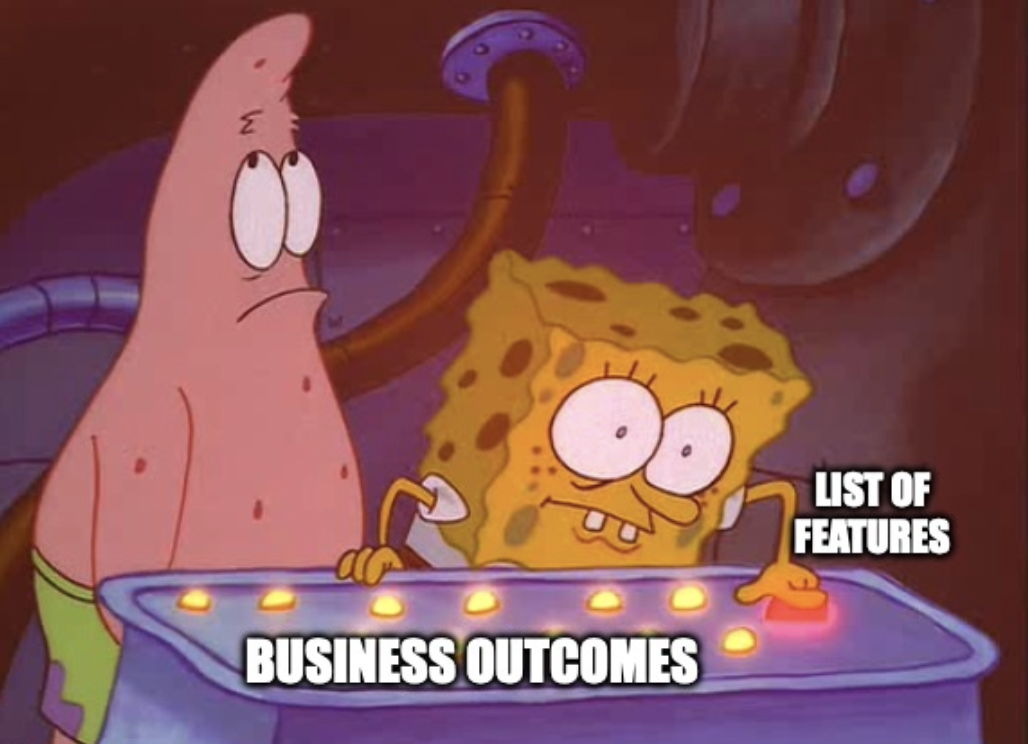Types of Sales Plays and How to Get Your Reps to Adopt Them with AI


Do your sales reps not have a single place to find all the information when required for sales calls? Do they keep running around looking for updated product info, or ideal client information?
If you whispered “yes”, then this is the blog to read. You’ll finally find your answer to “How do I make my reps adopt the sales plays?”
What are sales plays?
Sales plays are pre-defined sequences of sales activities and interactions designed to guide sales reps through specific selling situations or stages of the sales process. They provide a structured approach to engaging with prospects and customers, ensuring consistency and alignment with best practices.
The primary purpose of sales plays is to increase the effectiveness and efficiency of the sales team by standardizing the sales process and leveraging proven strategies. Sales plays encapsulate the collective wisdom and experience of top-performing sales professionals, distilling successful approaches into repeatable steps that can be followed by the entire sales team.
Types of Sales Plays
Sales plays can be broken down into different categories based on where your prospect is in the sales cycle or the specific situations your reps face. Here are some of the most common types:
Prospecting Plays: These are all about finding and engaging potential customers. Think cold outreach, warm intros, or laser-targeted account-based marketing strategies that help get those foot-in-the-door moments.
Discovery Plays: Here’s where the real detective work starts! These plays guide reps on how to dig deep into a prospect’s needs, challenges, and goals. With questioning frameworks, active listening tips, and methods to uncover key pain points, it’s all about figuring out how you can help.
Qualification Plays: Not everyone is the perfect fit, and that’s where these plays come in handy. They help reps assess prospects using criteria like BANT (budget, authority, need, and timeline), so you can quickly qualify or disqualify leads and keep things moving smoothly.
Demo and Presentation Plays: Time to shine! These plays offer a roadmap for showing off your product in all its glory, addressing common objections, and tailoring the demo to match your prospect’s specific needs and pain points.
Negotiation Plays: When it’s time to talk numbers, these plays have your back. They provide reps with strategies for pricing discussions, countering objections, and sealing the deal. It’s all about positioning value and locking in those final commitments.
Competitive Plays: Your reps are not just selling—they're winning! These plays are packed with strategies for standing out from the competition, whether through competitive battlecards, killer positioning statements, or ways to handle tough competitive objections.
Renewal and Expansion Plays: Keeping customers happy is just as important as landing them. These plays focus on upselling, cross-selling, and renewing existing accounts. They also provide strategies for reinforcing the value of your solution and addressing any concerns that come up.
With a solid set of sales plays for different scenarios, your team will be equipped with consistent repeatable processes to tackle sales challenges head-on and ultimately drive results with confidence.
How you train your reps with sales plays
Think about how your team preps sellers for an effective first meeting. it might look something like this:
- You’ve got the official first meeting slides all set up in your learning management system—great start! But somehow, your sellers are still struggling to track them down.
- And while those slides are solid, they don’t exactly guide sellers on how to ask discovery questions. Instead, those questions are hiding in a separate document, which seems to vanish when reps actually need it. Plus, it’s not totally clear how they should weave those questions into the meeting.
- Your team craves examples from experienced reps, but finding them feels like a scavenger hunt through the call recording system or it’s not there at all.
- You keep adding new content to the LMS, but reps rarely engage with it because they’re overwhelmed by the flood of information. It’s just too much to take in, which is why they don’t revisit the sales plays. Eventually, it all just becomes shelf-ware.
Effective sales play vs ineffective sales play
Imagine you're a chef leading a cooking class for aspiring chefs. You've planned the day's lesson, including every dish you'll be teaching and the ingredients needed. Now, you’ve split the students into two groups—Group A and Group B.
Group A has all their ingredients perfectly laid out and organized on the counter, ready to go. Group B, on the other hand, has the same ingredients, but they’re scattered all over the kitchen. While Group A easily moves through the recipe step-by-step, Group B is constantly scrambling, searching for each ingredient as they need it, which slows them down and throws off their timing.
This is a perfect analogy for your sales plays. Just like in the kitchen, if your sales plays aren’t organized and easy to access, your reps will struggle to execute effectively. Having a well-structured sales playbook ensures your team knows exactly what to do and when to do it, leading to smoother, more successful sales engagements.
How is sales play adoption measured?
At a basic level, you can track sales play adoption by looking at how long reps spend reading them. Or, you might use a note taker or call recording tools like Gong to help sales managers review calls and offer personalized coaching. But is that really going to show you how well reps are adopting the sales plays? Probably not. Going through all those calls and then coaching each rep takes a lot of time. Plus, let’s face it—you can’t always be available to guide every rep, right?
Now, let’s talk about how AI can make this a whole lot easier. Imagine you've created a killer sales playbook, packed with your knowledge and experience, and your reps have learned it. They’re out in the field handling discovery calls like pros. But as time goes on, they start to forget some of what they’ve learned. So, they go back to the sales playbook or LMS for a refresher—only to feel overwhelmed by all the content.
Here’s where AI swoops in to save the day. Zime, an AI-powered sales tool, takes all your company’s data and past call history and turns it into on-the-spot actions. Your reps can prep before each call and get a scorecard afterward to evaluate their strengths and weaknesses. This way, they’re always improving, which leads to faster adoption and better win rates. Pretty awesome, right?

How does Zime improve sales plays adoption?
Zime captures all of your company’s tribal knowledge, past call recordings, product info and turns it into just in time actions for sales reps, clear win-loss dashboards for sales leaders and saving coaching time for sales managers.
How Zime does it:
1. Personalized Coaching: No more sifting through every single call recording or giving personalized feedback to each rep on how to improve their next sales or discovery call. Plus, it provides clear, actionable insights on areas for improvement, complete with examples from top-performing reps.

2. Just-in-Time Actions: Zime delivers just-in-time actions right inside communication channels like Slack, Teams, or Zoom. These actions are tailored to the current stage of the deal, giving sales reps the exact guidance they need before and after a sales call. Before the call, they get a handy checklist in their messaging app, and afterward, a scorecard highlights their strengths and areas for improvement—complete with examples from top reps on how they’ve handled similar calls.

3. Performance Dashboards: Effective sales coaching depends on having clear visibility into performance metrics. Modern tools now offer dashboards with detailed insights into both team and individual performance, helping enablement leaders track progress, spot trends, and make data-driven decisions to boost sales results.

How to get your sales plays adopted
Imagine a world where your team receives personalized guidance and seamless playbooks.
Meet Zime—a Gen AI-driven sales solution.
Zime learns your products, messaging, and customer objections.
It distills this knowledge into simple, actionable insights and just-in-time prep notes for your reps.
The result? An 8-12% increase in sales in the first quarter for clients like Versa Networks and Bureau.
Transform your sales process with Zime.
Pilot for 21 days - no fees, no training till you see results.
No more shelf-ware playbook or a graveyard of call recordings!


